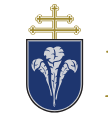Detailed introduction of Pázmány Péter Catholic University:
Introduction
Pázmány Péter Catholic University is a well-known institution of higher learning with a long history in Hungary. It is located in Budapest, the capital of Hungary. It has strong strength in the fields of humanities and social sciences, and has trained many outstanding talents for Hungary and the international community.
Overview
Student size: There are 6,301 students in total, of which 85% are undergraduates and 15% are postgraduates.
Faculty: 471 faculty members.
International Exchange: Over the past two decades, the university has become an outstanding representative of the Hungarian higher education system, and has established partnerships with many universities and research centers at home and abroad, and has joined several high-quality research university networks.
History
The university was founded in 1635 by Péter Pázmány, Archbishop of Esztergom, Hungary, and Cardinal in Nagy Szombat (now Trnava, Slovakia). It is an important educational and religious cultural milestone in Hungarian history. At that time, Hungary was in a difficult period. Péter Pázmány firmly believed that the university was the only way to ensure the country's moral and intellectual cultural heritage. Later, Maria Theresa moved the university from Nagy Szombat to Buda. From 1921 to 1950, the school was called the Royal Hungarian Pázmány Péter University. After 1950, the seminary was separated from the university and became the current Pázmány Péter Catholic University, while the rest of the university developed into Eötvös Loránd University.
School Strength
Teaching Resources and Facilities: As a university with a long history, it has rich teaching resources and complete teaching facilities, including modern teaching buildings, libraries, laboratories, etc., providing students with a good learning environment.
Scientific Research Cooperation and Academic Achievements: The school actively carries out scientific research cooperation, and its scientific research results have been recognized to a certain extent both in Hungary and internationally. For example, the school's professor Tamás Freund won the 2011 Brain Award, demonstrating the school's research strength in fields such as neuroscience.
Institutional nature
Private university.
Educational philosophy
The school is an academic community dedicated to promoting the protection and development of human dignity and cultural heritage through rigorous and critical research, education and other activities, especially in the fields of theology and humanities, while also covering the natural sciences as much as possible. In addition, the school is also responsible for ensuring that the Catholic faith is passed on and developed in Hungarian culture, and strives to become one of the decisive factors in Catholic cultural life.
Key laboratories and disciplines
Key disciplines: Theology is the school's traditional advantage discipline, and it has a high academic status in Hungary and even in Europe. In addition, disciplines such as philosophy, law, and humanities are also relatively outstanding, providing students with high-quality education in the field of humanities and social sciences.
Key laboratories: Although no specific key laboratories are explicitly mentioned, judging from their disciplinary advantages, relevant research centers and academic resources should be equipped in the fields of theology, philosophy, and other humanities and social sciences to support teaching and scientific research.
Faculty
The school has several faculties, covering theology, humanities, social sciences, natural sciences and other fields. Specific department information can be found on the school's official website.
Ranking
Ranked 80th in the 2025 Eastern European University Rankings.
Cost
Tuition fees vary depending on the major and degree level. Specific information can be found on the school's official website.
Campus
Location and environment: The main campus is located in Budapest, the capital of Hungary. Budapest is the political, economic and cultural center of Hungary. It has rich historical and cultural heritage and modern urban facilities, providing students with a good learning and living environment.
Campus facilities: The campus has a variety of architectural styles, combining historical buildings with modern facilities. In addition to teaching facilities, it is also equipped with student dormitories, canteens, stadiums and other living facilities to meet students' daily needs.
-
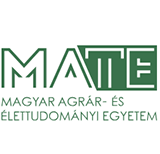
Hungarian University of Agriculture and Life Sciences
-
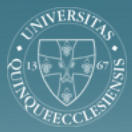
University of Pécs
-

University of Debrecen
-

Budapest University of Technology and Economics
-
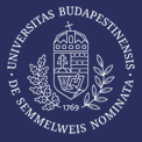
Semmelweis University
-

University of Pannonia
-
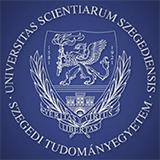
University of Szeged
-

Eötvös Loránd University
-
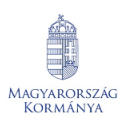
University of Miskolc
-

University of Sopron
-

Mesoamerican University
-

Istmo University
-

Mariano Galvez University of Guatemala
-

Regional University of Guatemala
-

Galileo University
-

Francisco Marroquín University
-

Rafael Landívar University
-

University of the Valley of Guatemala
-

University of San Carlos of Guatemala
-

Technological Institute of Tlaxcala Plateau
-

Golfo University
-

Technological University of South Sonora
-

Technological University of Huejotzingo
-

Tizimín Institute of Technology
-

Chilpancingo Institute of Technology

